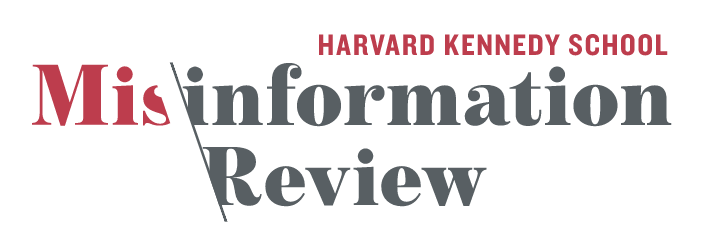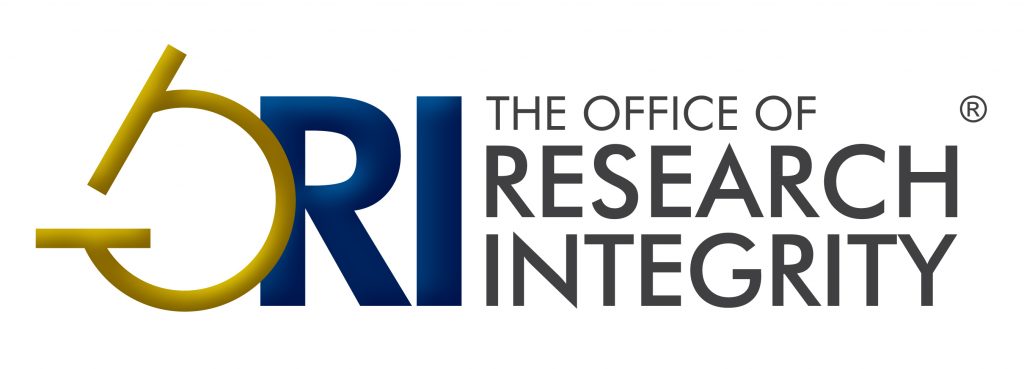
The Harvard Kennedy School’s Misinformation Review has retracted an article which claimed – or misclaimed, as the case may be – that an African American advocacy movement discouraged Blacks from voting for Democratic politicians and suppressed news about the Covid-19 pandemic.
The article, “Disinformation creep: ADOS and the strategic weaponization of breaking news,” appeared in the Special Issue on Disinformation in the 2020 Elections published in January by the Kennedy School’s Shorenstein Center on Media, Politics, and Public Policy.
ADOS is short for American Descendants of Slavery, an online movement that calls for reparations for slavery in the United States. The movement – which uses the hashtag #ADOS on social media – was founded by Yvette Carnell and Antonio Moore.
The article was written by Mutale Nkonde, the founding CEO of AI For the People, and co-authors including several affiliated with MoveOn, a progressive political organization.
According to the abstract of the paper, which is no longer available online:
Continue reading Harvard journal retracts paper on Black advocacy in elections






